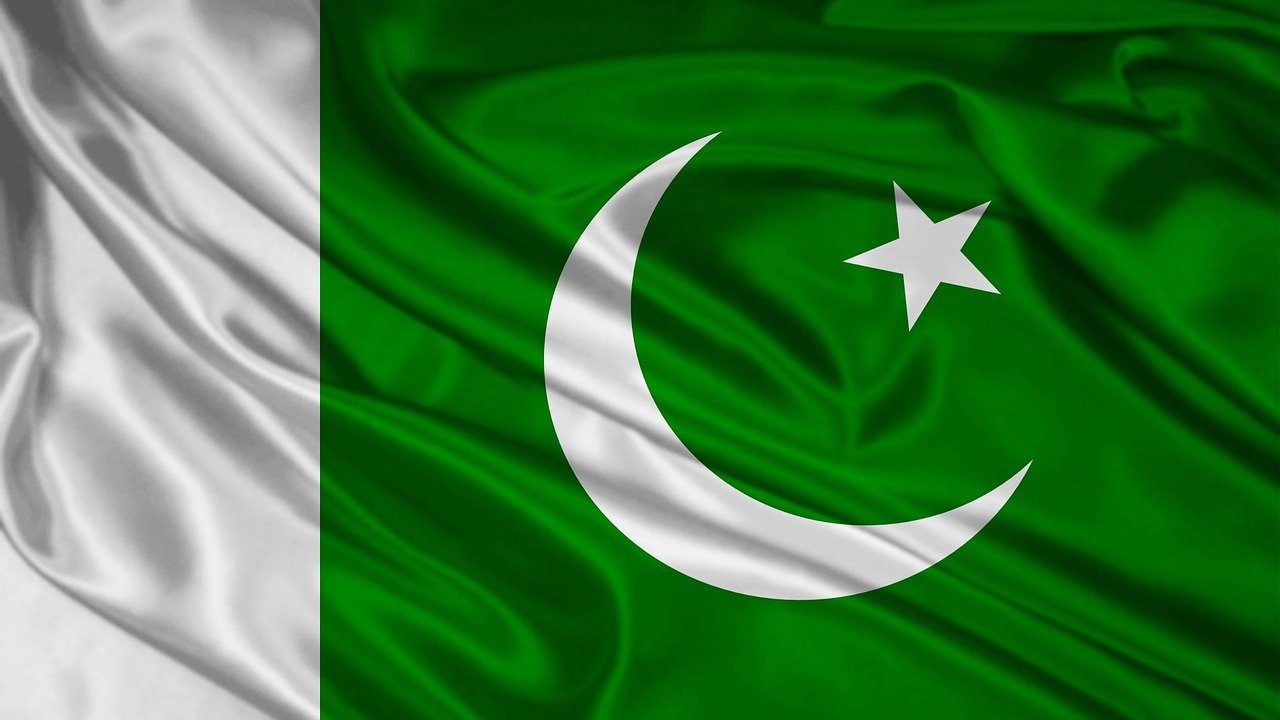
Tensions in Pakistan remain at a high level, following the arrest of Shahbaz Gill, an aide of former Prime Minister Imran Khan. The government arrested Gill, after accusing him of inciting mutiny in the military during a broadcast on TV station ARY TV on August 9th. Khan took to Twitter and called the “shameful act” an “abduction, not an arrest.” The TV station ARY News has since been taken off air in large parts of the country for spreading “false, hateful, and seditious” content. Meanwhile, Pakistan’s finance minister announced a plan to avoid an economic collapse like in Sri Lanka, but anticipated that it “will cause pain for the people” of Pakistan.
According to Al Jazeera, Gill claimed during his appearance on TV that there were attempts to discredit Khan’s Pakistan Tehreek-e-Insaf (PTI) party among ordinary soldiers. But according to Gill, it was with these members of the military amongst which the PTI was most popular, even “loved.” He went on to reveal that higher ranks tried to suppress these sympathies and suggested that the lower ranks reconsider following orders that were against their principles. The report also insinuated that army members should not obey “illegal and unconstitutional orders” from superiors.
This crossed the line for the government. The Interior Minister Rana Sanaullah accused Gill of “seducing people towards rebellion.” Gill, alongside the owner of ARY Salman Iqbal, the ARY vice president Ammad Yousaf and three other staff members, was accused by Sanaullah of inciting mutiny in the military in a “planned move to malign our institutions.” The charges include sedition, abetting mutiny, and conspiracy.
ARY itself faced consequences merely hours after the initial incident. A notice issued by the media watchdog referred to the content of the station as a “clear and present threat to national security.” As a result, the channel was taken off the air in many parts of the country.
With the military playing a central role in Pakistani politics, both parties, Khan’s PTI and the reigning Pakistan Muslim League-Nawaz (PML-N) of Prime Minister Shehbaz Sharif, have been wooing the powerful military, which remains officially neutral since repealing its support of Khan earlier this year. The recent crash of a military helicopter during a flood relief operation led to an online smear campaign against the military that both parties tried to blame on the other side.
On the same day of Gill’s arrest, Pakistan’s Minister of Finance Miftah Ismail told CNBC that the “default-like situation” like in Sri Lanka would be averted in Pakistan, thanks to “significant austerity” and “black belt tightening.” According to the minister, Pakistan is now in an IMF (International Monetary Fund) program, as part of which taxes are being raised, and subsidies on fuel and power are being cut. But, asked whether these measures would mean a lot of pain for the people of Pakistan, Miftah Ismail answered: “Yes, they do. Unfortunately, they do.” He did, however, point once more to Sri Lanka to illustrate what the alternative would have been. “If we had gone the Sri Lankan way this would have been much worse.”
Pakistan’s agreement with the IMF was struck in July. The first installment should bring $1.17 billion from the IMF into the country over the next few weeks. Further loans may follow in the upcoming months. In the meantime, large parts of the country are still suffering from the devastating effects of recent floods, and unrest in neighboring Afghanistan has also reached Pakistan after a senior leader of the Pakistan Taliban, Abdul Wali, was killed in a roadside bombing.
